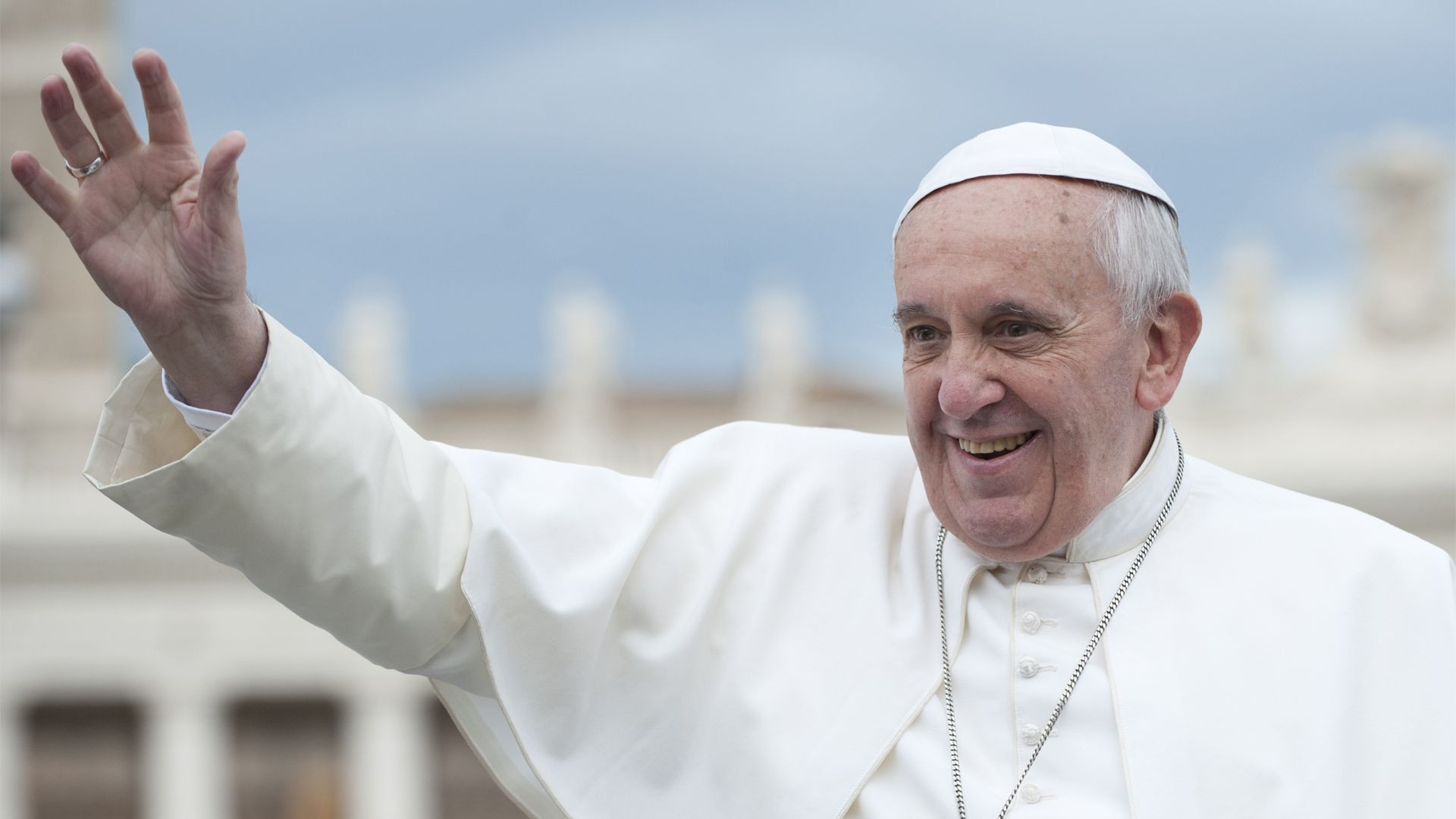Pope John Paul I, born Albino Luciani on October 17, 1912, in Forno di Canale, Italy, and passing away on September 28, 1978, in Rome, is remembered for his exceptionally short papacy. His pontificate of just 33 days in 1978 remains one of the briefest in the history of the Catholic Church, yet he left a lasting impression. He uniquely chose a double name to honor his predecessors, John XXIII and Paul VI, and distinguished himself by refusing the papal coronation, opting for the archbishop’s pallium. Affectionately known as “the Smiling Pope” due to his warm public demeanor, Pope John Paul I’s legacy continues to fascinate. In a significant step, the Vatican announced his beatification by Pope Francis in September 2022, recognizing his sanctity and contribution to the Church.
Born into humble circumstances, Luciani’s early life was marked by simplicity and faith. Ordained as a priest in 1935, he quickly demonstrated intellectual and pastoral gifts. He served as deputy director of the seminary in Belluno, Italy, where he shared his knowledge as a professor of moral theology, canon law, and sacred art. His pursuit of theological depth led him to earn a doctorate in sacred theology from the prestigious Pontifical Gregorian University in 1947. The following year, he was appointed vicar-general of his diocese, further highlighting his growing influence and dedication to the Catholic Church. His commitment to religious education is evident in his 1949 work, Catechetica in briciole (“Catechism in Crumbs”), designed to make Catholic doctrine accessible to a wider, less formally educated audience.
Luciani’s ascent within the Church hierarchy continued with his appointment as bishop of Vittorio Veneto in 1958. A decade later, in 1969, he was elevated to Archbishop of Venice, a prestigious and historically significant see. His elevation to Cardinal in 1973 solidified his position as a prominent leader within the Catholic Church. Beyond his ecclesiastical duties, Pope John Paul I was also a writer with a creative flair. In 1976, he published Illustrissimi (“To the Illustrious Ones”), a collection of imaginative letters addressed to a diverse group of figures, ranging from Jesus Christ and Mark Twain to characters from Charles Dickens’ The Pickwick Papers. This work revealed his broad intellectual interests and his ability to connect faith with culture in an engaging manner.
 The Papal Conclave and Election Process of a Pope, relevant to the election of Pope John Paul I in 1978.
The Papal Conclave and Election Process of a Pope, relevant to the election of Pope John Paul I in 1978.
On August 26, 1978, Albino Luciani was elected Pope, succeeding Paul VI. This election marked a significant moment as he was the first pope since Pius X to emerge from a pastoral background, rather than a diplomatic or academic one. His sudden death, attributed to a heart attack, just over a month into his papacy, shocked the world and fueled various speculations, though no credible evidence of foul play has ever been presented. Despite the brevity of his time as Pope John Paul I, his warmth, humility, and commitment to pastoral care left a lasting impression on the Catholic Church and beyond. He was succeeded by Pope John Paul II, continuing a legacy of impactful pontificates in the modern era.
